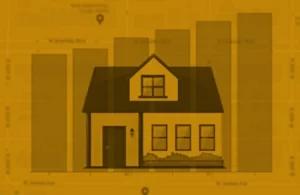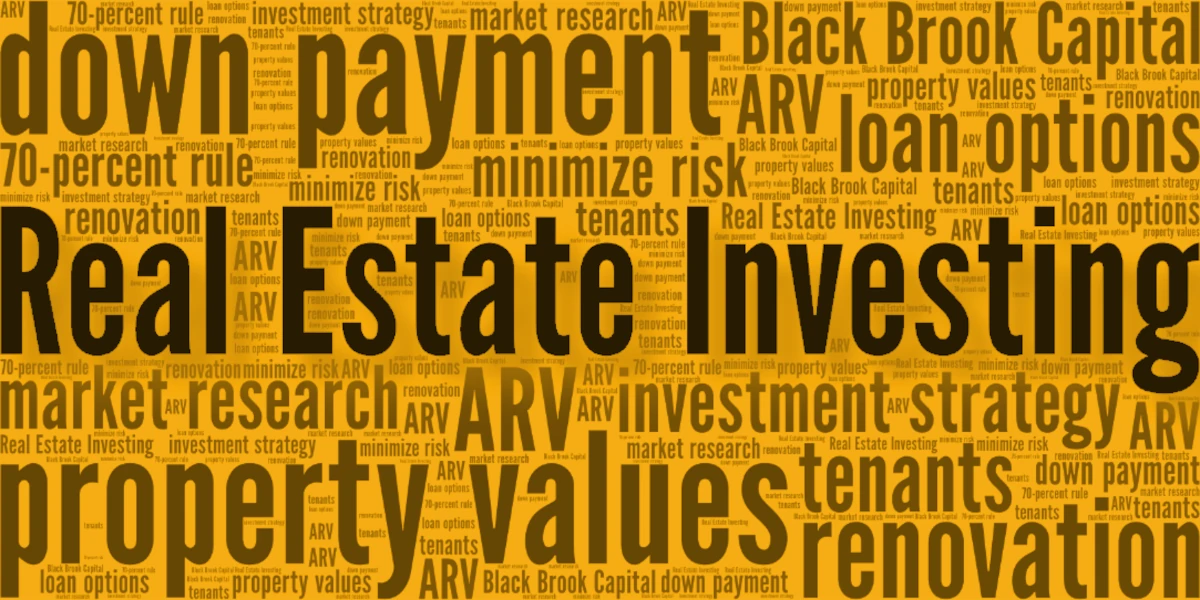Investors often consider real estate a safe, relatively low-risk option because property values tend to rise over time. However, real estate investing for beginners can be an eye-opener. Depending on the type of property you purchase and your investment strategy, it may involve a lot of work.
Following are important steps you need to take before purchasing your first property.
Avoid emotional attachment
When you’re buying your own home sweet home, it’s natural to allow your heart to influence your decision making. But you can’t let your emotions affect your decisions when buying your first investment property.
Think of it purely as a business investment and negotiate logically for the best possible price. Remember, the lower the price you pay for a property, the better your odds of earning a higher profit.
Doing proper research and using an analytical approach—rather than considering personal likes and dislikes—will help you purchase the best property. After all, investment isn’t about emotions; it’s about economics.
Pay your debts
 If you want to buy an investment property, it would be wise to lower your debt-to-income ratio. This will help you get approved for a bigger loan and possibly earn you a lower interest rate.
If you want to buy an investment property, it would be wise to lower your debt-to-income ratio. This will help you get approved for a bigger loan and possibly earn you a lower interest rate.
Before you jump into real estate, do everything you can to pay down your existing high-interest debt. This isn’t immediately feasible for everyone, but it will improve your likelihood of success in real estate investing.
Save for a down payment
No matter what you’re investing strategy, you’re going to need some level of capital to get started. Even with private and hard money lenders, you will need to make a down payment to acquire the asset.
The mortgage insurance that made the 3% down payment possible on your current home is unavailable for investment properties. The larger down payment reflects the higher risk the lender assumes for investment properties. It also shows lenders that you are personally invested in the success of the project. This can improve your loan terms and your monthly cash flows, and help you realize more equity on the disposition of your property. Aim to have at least 20% of your purchase price ready to put down at the start of your project.
Understand goals and priorities
As you approach your savings goal for a down payment, you should know what you want to get out of investing. Do you want extra monthly income from apartments? Or money for your future retirement from a single family home? Or are you considering fixing and flipping for a short-term financial gain? Once you know what you want to get out of your investment, you will go into it smarter and more prepared.
Do your research on real estate
 Depending on the clients you are targeting, you need to do proper research before buying your first investment property. Make sure that the property:
Depending on the clients you are targeting, you need to do proper research before buying your first investment property. Make sure that the property:
- Is in a location that will attract the type of clients you hope to sell or rent to.
- Will reach to the returns you are expecting.
- Will appeal to the market.
You can also look online or read books to learn about real estate, and we recommend you do that if you want to be a serious investor.
Choose your partners carefully
If you want to become a real estate investor, you don’t have to do it alone. You should surround yourself with trusted real estate agents and property managers that can guide and advise you through the process. When investing, you’ll need to know what a rental can potentially rent for, or what tenants want in a home, or where a problem might arise in a real estate transaction.
Many people consider partnering up with their friends instead of taking out an investment loan to start in the real estate business. First-time investors need to carefully consider many factors while choosing partners, such as how comfortable you are with them and the implications of a partnership agreement.
Select a low-cost home as your first investment property
Even if you’re ready to invest $1,000,000 in your first investment property, it’s a good idea to go for properties that lie in the lower- to mid-range price brackets. Some experts suggest not spending more than $150,000. Don’t forget: You will need to spend more money on the renovation of the house before renting or selling it.
Furthermore, since it is your first investment property, keeping your investment as low as possible will help you stay in the safe zone. Even if you don’t hit the expected profits, you won’t risk losing too much on it.
Consider real estate investment loan options
There are many ways to finance the acquisition of a property. Using your own cash, friends & family, traditional lenders, or hard money all have merits—depending on your particular circumstances.
- If you’re an experienced investor with a big network and deep pockets, you may want to finance everything yourself.
- If you lack the cash on hand, but have excellent credit, traditional financing may be your best bet.
- Hard money is a great option if you have a clear investment strategy and need to move quickly. Black Brook Capital can close in as little as 10 days and will provide financing for your repairs. Complete a preliminary loan application and we can help you decide if hard money is your best option.
Stick to a budget
 As an investor, you will have to be prepared for unexpected expenses. Sticking to a budget will help you be able to save the money you need for a down payment, house flipping or simple maintenance and repairs. To achieve financial goals, you’ll need to cut out unnecessary spending in your life.
As an investor, you will have to be prepared for unexpected expenses. Sticking to a budget will help you be able to save the money you need for a down payment, house flipping or simple maintenance and repairs. To achieve financial goals, you’ll need to cut out unnecessary spending in your life.
Calculate expenses and profits beforehand
Start with calculating the money that you already have and what you can borrow before buying your first investment property. Next, calculate how much it would cost to purchase and renovate the house.
Our post on The BRRRR Method of Real Estate Investment provides some details on important budget items, such as how to calculate ARV (after-repair value) and the 70-percent rule.
Also, keep in mind the operation costs. Finally, estimate the price you are going to list your property for and cut out the expenses to get a rough estimate of the profit you stand to make. Honestly speaking, you may not even hit half of the estimated profit, but this calculation is necessary to keep yourself in the safe zone.
Have an emergency fund
Every financial planner will tell you that you need to have an emergency fund set aside in case of, well, emergencies. This is something that everyone should do, no matter whether you want to be an investor or not. There are many thought about how much you should save, but we aren’t financial planners, so we’ll leave the advice to them.
Real Estate Investing for Beginners
This article presents an introduction to some of they key factors you need to remember when considering real estate investing. Each property is different, and comes with its own challenges and opportunities.
After reading this article and deciding real estate investing is right for you, contact us at Black Brook Capital. As your partner in your investing journey, we will provide the guidance you need to succeed.








